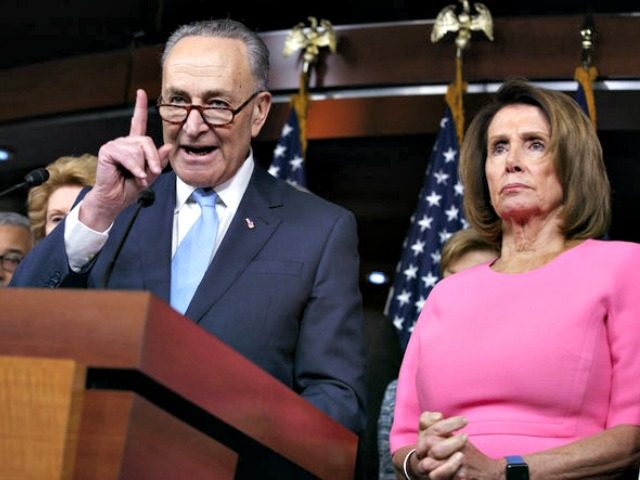By: Nathan Williams
As summer begins to fade, campaigns across the country are gearing up for battle as the next election cycle approaches. The stakes are high for both political parties, but the battle for control of the Senate will likely dominate the national showdown beginning early next year.
Now that most serious candidates have announced their intentions, political strategy has become the focus. Democrats hope to maintain their 55-45 majority, but Republicans are building momentum.
The president’s party historically loses congressional seats in mid-term elections since a coattail effect will be absent, lending credos to the theory that Democrats could easily lose control. Secondly, scandals uncovered during the Obama administration combined with salient roll-call votes concerning gun control, immigration, and federal spending leave vulnerable Democrats seeking political cover in GOP-leaning states.
The ultimate battleground is in key southern states won by Gov. Mitt Romney (R-Mass.) in the 2012 presidential election. As strategists begin analyzing national maps, the prospect of a Republican victory appears plausible given current conditions.
Democratic incumbents are retiring in Iowa, South Dakota, Montana, and West Virginia, the latter three of which lean favorably Republican. The battlegrounds will be in states like North Carolina, Arkansas, Louisiana, and Alaska, where vulnerable incumbents seeking reelection will face insurgent competition by high-profile conservatives.
In recent weeks the Senate race in Georgia has reignited national attention after Democrat Michelle Nunn officially entered the race to replace retiring Republican Sen. Saxby Chambliss. The seat is a must-win for Republicans to gain control, but if a weakened GOP nominee emerges from the primary, Nunn’s entrance could complicate the strategy. Seven declared Republicans are seeking the nomination, including three sitting congressmen, a former secretary of state, and multiple inexperienced candidates.
Months of introspection has renewed the Republican Party’s interest in nominating quality candidates after suffering painful losses in Missouri and Indiana Senate races last fall. A similar scenario could unfold in Georgia in 2014, where the ultimate goal should be to nominate the most viable candidate rather than the most conservative. Strategist Joel McElhannon recently noted that Reps. Phil Gingrey and Paul Broun are “the two that worry Republicans the most as potential problems going into the general election” because of past “Akin-like” gaffes that could potentially handicap chances of retaining the seat.
Republican strategist Eric Tanenblatt worries that the GOP isn’t compensating for demographic shifts in Georgia, noting that “Georgia is changing, and the further you go to the right in the primary, the more difficult that becomes in the general.”
Many are pointing to Congressman Jack Kingston as the safest general election candidate, given his ability to appeal to minorities and his practicality on military, agricultural, and economic affairs.
The Republican National Committee is leading strategic efforts to regain the majority, but Senate Minority Leader Mitch McConnell has privately met with potential candidates, including freshman Rep. Tom Cotton (R-Ark.), who recently announced his intention to challenge Sen. Mark Pryor (D-Ark.). But perhaps the most difficult reelection campaign for McConnell is his own as he faces strong competition from Secretary of State Alison Wundergan Grimes (D-Kent.). Polls show a tight race with Grimes besting McConnell in early match-ups.
McConnell, unlike other defendant incumbents, must also manage a caucus in addition to his campaign obligations. As Congress prepares to return to Washington after the August recess, the Senate will face debate over a government shutdown where McConnell is jockeying for spending cuts. His ability to maintain a cohesive conference this fall will likely be indicative of his standing amongst Republicans, which could heavily impact his reelection bid.
Defeating the sitting Senate minority leader would be monumental not only for Grimes but the Democratic Party, similar to when Sen. John Thune (R-SD) upset then-Minority Leader Tom Daschle in 2004.
Much can change in the upcoming year, but one thing is certain – the battle will be hard-fought. Each party will likely raise millions of dollars as they combat each other for control of the upper-chamber. In order to regain the majority, the GOP must carefully navigate the national political landscape in a balanced, principled manner to win in 2014. Republicans need to maintain seats in Kentucky and Georgia, as well as net six seats. The roadmap to victory may blur between now and next fall, but Republicans can enter the mid-term cycle in an advantageous position if their strategy is cohesive.


